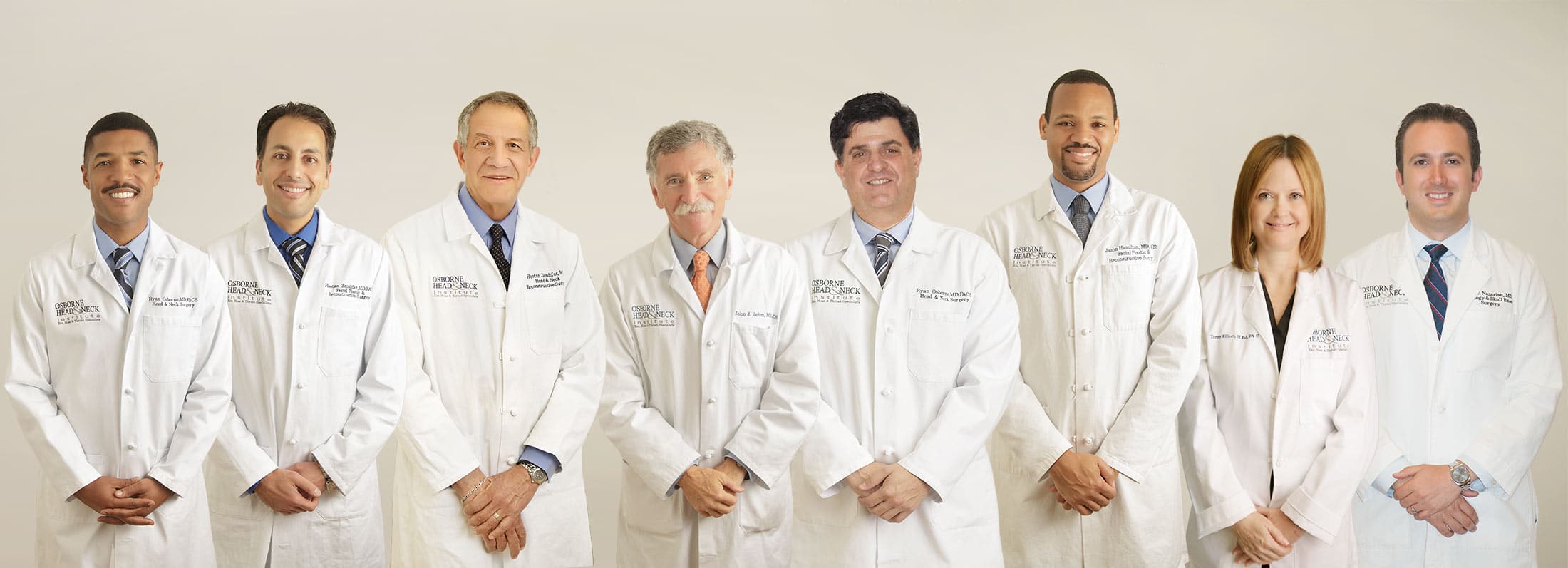Recent statistics show that more than 90 million Americans will experience dizziness at some time during their lives.
There are multiple factors that may cause dizziness, but it is important for your doctor to differentiate between cardiac, blood pressure, neurological, medication related issue, or ear problem. Many times, the problem can be multifactorial as well.
Your doctor or otologist can get an idea of the system that is affected that may cause your dizzy sensation.
After a thorough exam and diagnostic tests, the root causes of this disabling, difficult-to-diagnose syndrome can be found.
The most important question to ask yourself is:
“Do I feel spinning or light-headedness?”
A spinning sensation is usually associated with an inner ear problem whereas a light headed feeling may be related to a circulation or cardiac related problem. Depending on the cause, there are various therapies and techniques that can return patients’ lives to normal.
There are two main sensations that need to be evaluated once an ear problem is suspected and all other causes of dizziness have been ruled out:
- Vertigo: the illusion that either you or the environment around you is spinning, rotating, rolling, rocking, or whirling. In some cases, people experience the sensation of tilting.
- Disequilibrium:the sensation of being unsteady or in a state of disequilibrium – imbalance occurs only when people are standing or walking.
Diagnosing patients with dizziness, vertigo or imbalance
The role of the otologist is to rule out a possible inner ear problem as the contributing source of your dizziness. This can be done by performing a thorough history and neuro-otologic physical exam, but there are also several diagnostic tests that may be needed as well:
- VNG (caloric testing)
- Audiogram
- Computerized Dynamic Posturography
- ECOG
- ABR
- VEMP
- MRI of the Brain and Internal Auditory Canals
- CT scan of the temporal bone
- Blood tests
What are some possible ear issues that can cause vertigo?
- Inner Ear Disorder
- Benign paroxysmal positional vertigo
- Menieres Disease
- Recurrent vestibulopathy
- Motion sickness
- Labyrinthitis
- Vestibular Neuronitis
- Perilymphatic fistula
- Ear infections
- Ear trauma
- Cholesteatoma
A consultation with neurologist or cardiologist might also be indicated if an inner ear problem is ruled out. Once a diagnosis has been made, a plan of treatment is established and discussed with the patient and family. Some options for therapy include:
- Medical Procedures
- Surgical Procedures
- Dietary treatment
- Vestibular Rehabilitation Therapy


